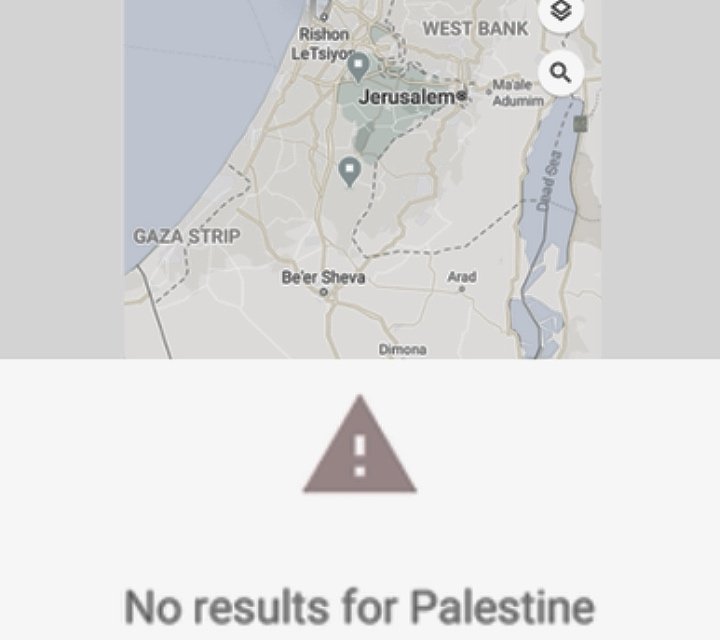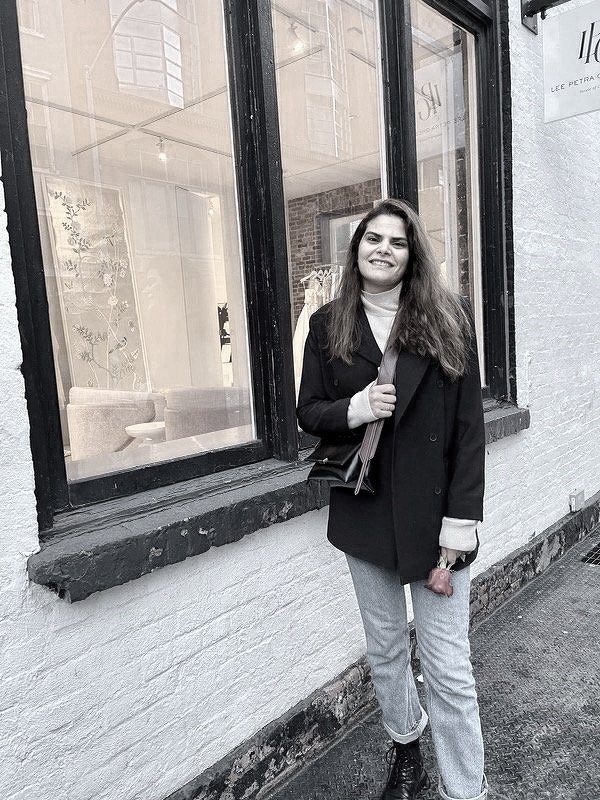SEASON 2_Episode 01: BELONGING TO CONFLICTED TERRITORY|Haya Haddad: A Palestinian Israeli Citizen |Human Rights Activist
In this episode, HAYA HADDAD, a young, driven woman, a Christian, Palestinian, Israeli citizen, delves into her personal family and communal, historical narrative of displacement, and her multiple minority identities, all which inspire her social, humanitarian and political work.
She talks about the hope for integration by understanding the collective human story.
This interview was done prior to the beginning of the war in Ukraine. While the discussion focuses on the displacement experience of the Palestinians, some of the themes, although different in detail, context and complexity,correlate with the current forced evacuation of Ukrainian citizens. I thought about this a lot while I prepared the episode to air.
Haya Haddad is a Palestinian citizen of Israel. She is a skilled, award winning, international youth leader, and advocate on issues of human rights, economic justice and education development. A Fulbright alumna with a Masters degree in International Affairs from the New School in NYC, she has extensive experience with multiple UN agencies. Impassioned by her personal and cultural story of displacement, she seems destined to one day play a big political role focused on integration.
Links:
https://www.linkedin.com/in/haya-haddad-776310122/
Instagram: hayahaddad18
TRANSCRIPT EXCERPT
“First, I would say that I do define myself as a Christian Palestinian woman, and I hold the Israeli passport, but I'm not necessarily sure that I can say fully, I am Israeli, because Israel stands for specific values and stories and narratives that I am totally disconnected from, although I am an Israeli citizen. I was born here and I pay taxes. I'm a very good citizen actually. But I have nothing to connect me with, for example the star of David or the anthem of the Tikvah , and the story of the Torah. I'm totally alienated from the stories. But, I live here. I like the fact that you used two terms, integration and displacement, because, I feel like this displacement is my history, and integration is my present. I live a day-to-day life of integration. I have my personal local identity, and I have my global identity, you know, as a millennial, as a young woman. I can connect with the world through different struggles, theories and values. But you know, when we talk about place and my connection to this place, it's a love, hate relationship, to be honest. This place holds childhood… When I come home, I feel very relieved. I feel like I'm home. It's my comfort zone. But at the same time, home for me is divided. I mean, home is my hometown, home is my country. I bet many of the listeners and even you, feel that kind of pride, oh my God, I miss home. I don't have this feeling when I'm in the airplane, seeing Tel Aviv from above….This place holds a lot of my life, and a lot of conflicted emotions and conflicted events. I myself understand my ambiguous emotion towards this place, but I love it here. I can't say that I don't love it. I love it. I love to be home. I love to be in my neighborhood. I love to be in my house, in my room. So, for me, this place is my roots; is who I am… But I would lie to you if I say that I have a sense of belonging to the country, or to the cities, like a national belonging. I think due to the fact that I belong to multiple minorities, among them as an ethnic minority, is that I have this kind of alienation all the time…I definitely feel that being born into this conflict is a responsibility, and sometimes it's a burden.”




